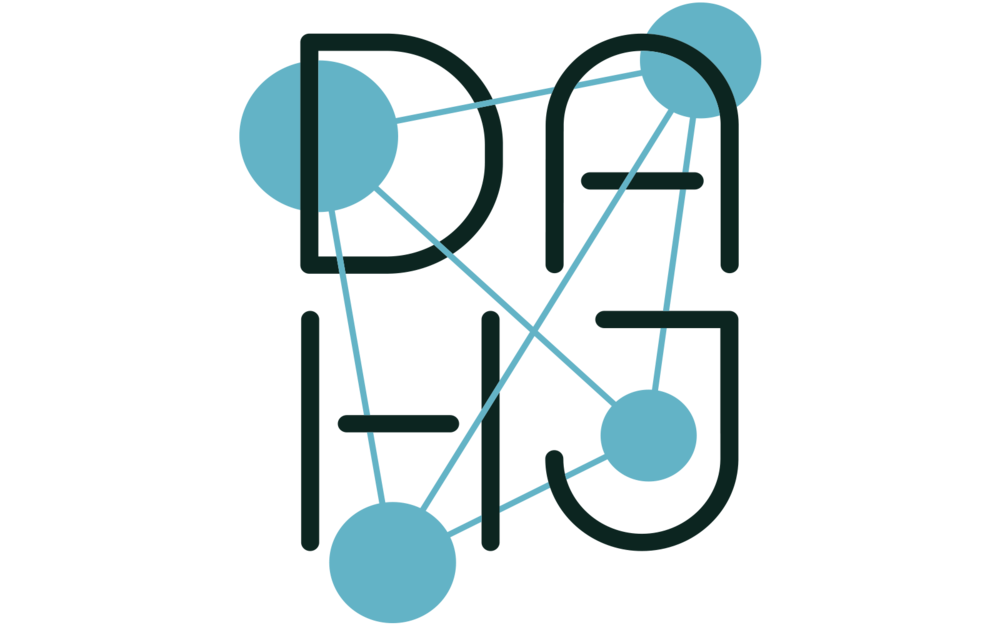Abstract
Richard Johnson had previously explained to Park Doing how he was entering the world of art history, museums, curators, and conservators, and how much he was learning in the process about approaches (some successful) to cross-disciplinary research. Imagining the potential for insights from an expert observer, Rick offered Park access to a front row seat for viewing a real-time attempt at cross-cultural collaboration between technologists (represented by signal processors) and humanists (represented by art historians and conservators). Park couldn’t possibly say no tosuch an offer. We are about to observe one of their bull sessions.
DOI: https://doi.org/10.11588/dah.2015.1.21637
Authors
C. Richard Johnson, Jr.
received a PhD in Electrical Engineering from Stanford University, along with the first PhD minor in Art History granted by Stanford, in 1977. Following 4 years on the faculty at Virginia Tech, he joined the Cornell University faculty in 1981, where he is the Geoffrey S. M. Hedrick Senior Professor of Engineering and a Stephen H. Weiss Presidential Fellow. At the start of 2007, after 30 years of research on adaptive feedback systems theory and blind equalization in communication receivers, he accepted a 5-year appointment as an Adjunct Research Fellow of the Van Gogh Museum (Amsterdam, the Netherlands) to facilitate the interaction of art historians and conservation specialists with algorithm-building signal processors. In 2013, Professor Johnson was appointed a Scientific Researcher of the Rijksmuseum (Amsterdam, the Netherlands) and Computational Art History Advisor to the RKD - Netherlands Institute for Art History (the Hague, the Netherlands).
Park Doing
earned B.S. and M. Eng. Degrees in Electrical Engineering and a Ph.D. in Science and Technology Studies, all from Cornell University. His book Velvet Revolution at the Synchrotron: Physics, Biologyand Change in Science (MIT Press, 2009) analyzes interdisciplinary interactions between scientific fields, and between scientists and technicians. His subsequent research has centered on engineers as experts in dialogue with policymakers and the public. Most recently, he is focusing on applications of algorithmic processing to social issues and the humanities. He is currently a Lecturer in The Bovay Program in History and Ethics of Engineering at Cornell.

